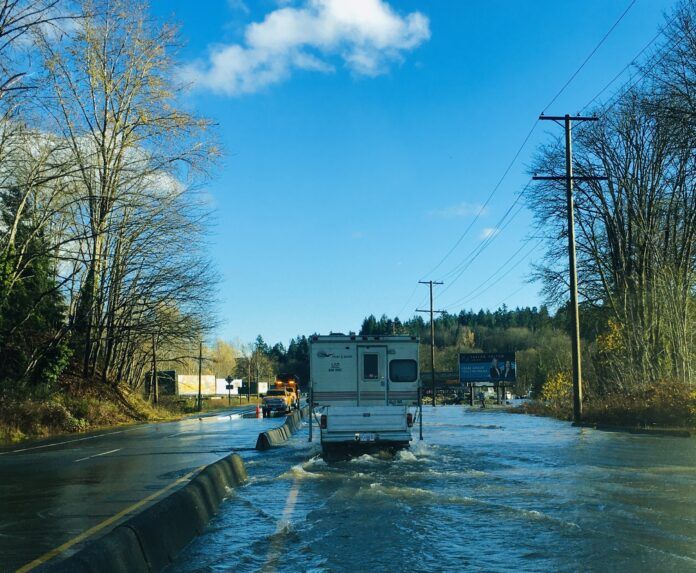The Cowichan region is receiving almost 290-thousand dollars in funding to help prepare for natural disasters caused by climate change.
The Municipality of North Cowichan will receive more than $177,700 for climate change vulnerability and risk assessment.
The Malahat First Nation is getting over $110,904 dollars for sea level rise assessment and adaptation plans.
The provincial government says $23.9 million is being distributed from the Community Emergency Preparedness Fund to 49 First Nations and local governments as they prepare to mitigate and respond to climate-related emergencies, such as floods and extreme temperatures.
“When disasters hit, we need to be prepared to weather them,” says Doug Routley, MLA for Nanaimo-North Cowichan, “by working towards resiliency in our communities now, we will be able to better respond and keep people safe in times of need.”
The CEPF is administered through the Union of BC Municipalities and provided to projects that strengthen the resilience of First Nations and local governments in responding to and preparing for natural disasters and climate change.






